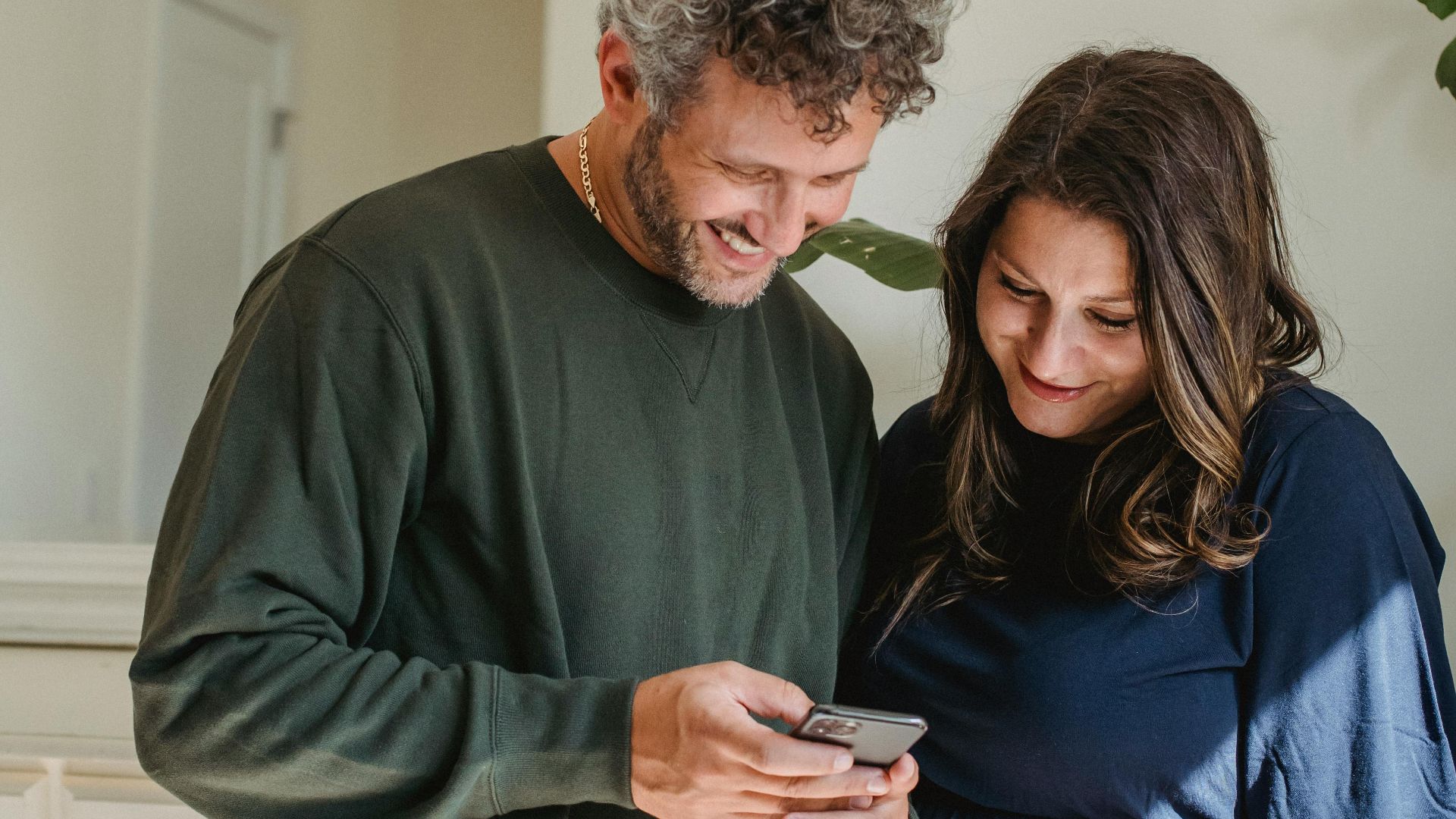Not Broken, Just Falling Apart
You don’t just wake up one day and decide it’s over. It’s usually a slow unraveling—missed moments, quiet tension, and a sense that something isn’t landing quite right anymore. The good news? Divorce isn’t a destination you stumble into; it’s a path with warning signs along the way. And luckily, it’s also one you can step off of. Before things drift too far, here’s how to spot the subtle shifts and how to start turning things around.
1. You Avoid Conflict
Avoiding conflict doesn’t erase what’s wrong. The more you stay silent, the more resentment builds beneath the surface. Arguments, if handled well, bring clarity. Silence, on the other hand, creates distance and detachment. Sometimes, calm signals something deeper, pulling away.
2. Physical Intimacy Has Disappeared
The shift often begins subtly with fewer touches and longer gaps in closeness. Physical intimacy is a form of emotional safety. So, the moment it fades, the connection does, too. Many couples drift apart silently, not because they stopped loving but because they stopped reaching.
3. You Stop Sharing Your Day
You might talk about bills or errands, but when was the last time you shared something just because? Skipping those everyday updates chips away at the connection. You start feeling more like housemates than partners, and that silence tends to grow without warning.
4. Power Struggle
Not all fights are created equal. Every disagreement turns into a battle for control, and mutual respect slips away. Power struggles replace teamwork, and connection becomes a form of competition. Sarcasm and keeping score chip away at stability until one partner stops playing entirely.
5. Broken Trust
After trust is broken, you face a choice: repair or retreat. If you avoid the hard work, resentment sticks around. You may say it’s forgiven, yet without action, nothing really changes. Staying together physically means little if you’re growing apart emotionally.
6. You Keep Money Secrets
It might begin with a hidden receipt or a quiet purchase you don’t mention. Once you start keeping financial secrets, trust takes a hit. As money conversations disappear, so does emotional safety. In the end, it’s the secrecy that causes lasting damage.
 Photo By: Kaboompics.com on Pexels
Photo By: Kaboompics.com on Pexels
7. You Only See Flaws
At first, you admired the little things. Later, you started spotting what annoyed you more. When you focus only on flaws, your partner feels under attack. Criticism makes them pull away, not closer. So, what used to feel loving now feels like tension.
8. You Prefer Time Alone
The way you find yourself avoiding shared moments just to catch your breath is a sign to pay attention. Emotional withdrawal builds slowly. You may still sleep in the same bed but feel miles apart. If the distance brings relief, disconnection is already taking root.
9. You Fantasize About Leaving
The mind can wander into possibility long before decisions are made. Fantasizing about a different life or partner often points to unmet emotional needs. You're still in it, just not all the way—and that matters.
10. Therapy Feels Like The Last Straw
When therapy becomes the emergency call instead of early support, the odds shift. Many couples wait years before seeking help, often after major damage is done. In crisis mode, sessions feel like triage. The earlier couples seek support, the better the outcome.
Spotting the cracks is only half the work. What you do next can make all the difference. So, if things feel off, here’s what might help bring it back.
1. Revisit Happy Memories
Looking back is like remembering the connection you once built. Revisiting old photos, places, or inside jokes can quietly bring warmth back. You essentially remind each other of what made things work before life got complicated and that shared history still matters.
2. Set Boundaries Around Stress
Not every frustration from work or family needs to spill into your relationship. You should create space between outside stress and your time together to protect emotional closeness. It sets the stage for calmer conversations and deeper connections.
3. Use “I” Instead Of “You”
Every time you start with “you always,” things usually go downhill. By shifting to “I feel,” your partner hears concern instead of attack. That way, you can reduce tension, not escalate it. Little language changes can help you argue without hurting each other.
4. Create New Rituals
Some routines lose meaning, but new ones can create a fresh connection. A shared walk or coffee before work helps you feel like a team again. When you commit to small moments, that rhythm builds a stronger bond over time.
 Antoni Shkraba Studio on Pexels
Antoni Shkraba Studio on Pexels
5. Show Appreciation
You notice what's missing more than what’s working, and so does your partner. Saying thank you for the little things shows you’re still paying attention. Simple recognition makes a difference. Gratitude doesn’t take much, but it protects what you’ve built together.
6. Prioritize Couple Time
Phones fill the space where conversation used to happen. As screen time takes over, quiet distance builds. Setting devices aside can bring attention back to what matters. That presence helps both partners feel valued and strengthens the sense of connection that daily life can blur.
7. Agree On Finances
One person handles money alone, while the other may start feeling excluded. Financial planning works better when you both take part. That kind of teamwork eases pressure and strengthens trust. A shared vision turns everyday budgeting into something that supports both of you equally.
8. Attend Therapy Early
As couples take action before things get worse, therapy feels less like a rescue and more like maintenance. You build new ways to relate while there’s still space to listen. That kind of timing helps protect what’s good before it slips away.
9. Apologize
Mistakes happen in every relationship. What matters is how they’re handled. If you take responsibility and offer a sincere apology, it creates space for healing. It’s not just what you say; it’s the willingness to be accountable that helps trust rebuild.
 Christine von Raesfeld on Unsplash
Christine von Raesfeld on Unsplash
10. Laugh Together Often
Laughter used to come without effort. Now, it takes intention. Bringing humor back into the relationship lightens the emotional load. Even small moments, like a shared glance or a funny thought, can shift the energy. You don’t need to perform; just stay open to lightness when it appears.

























